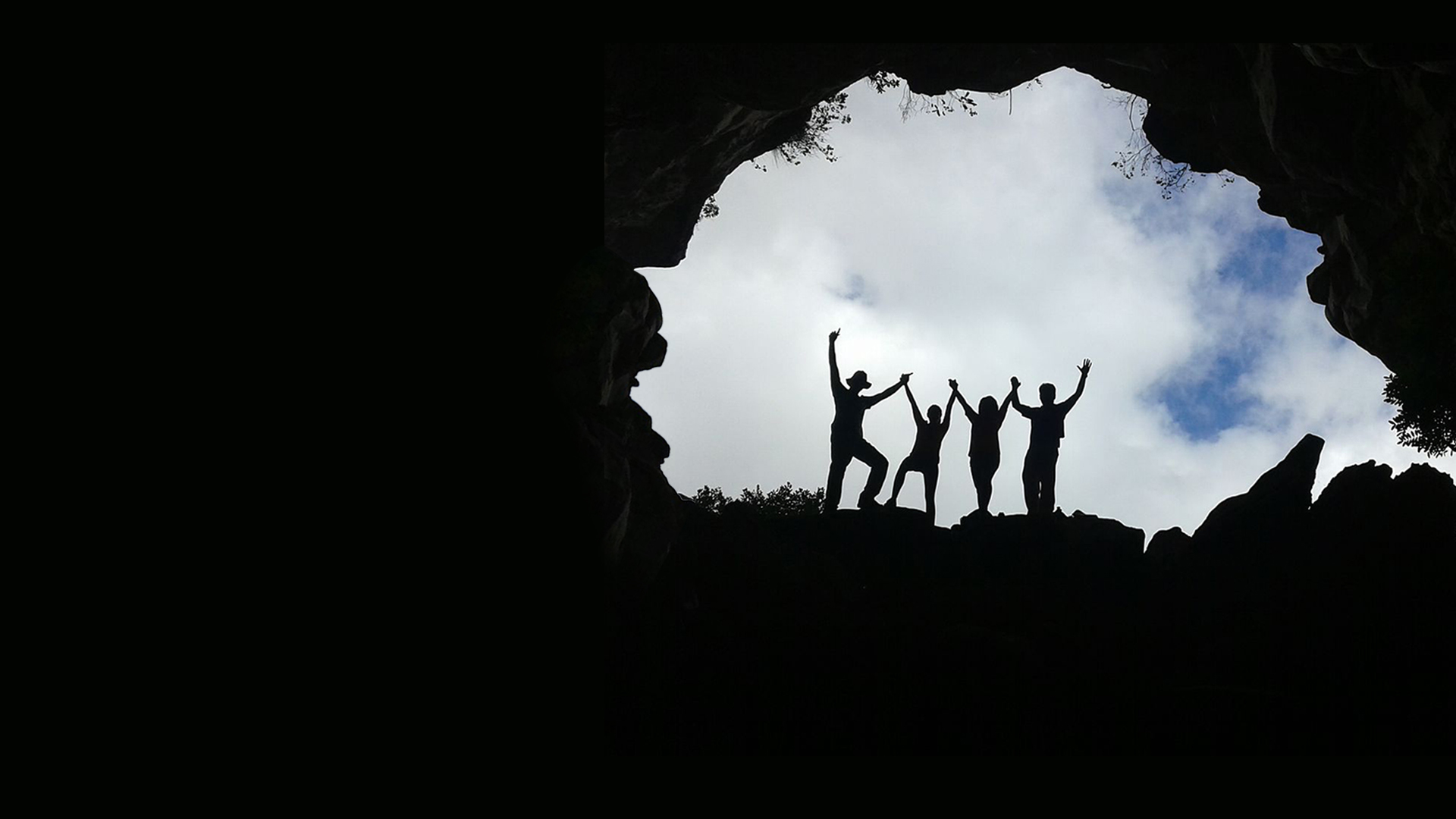Today, Otago Polytechnic and Ara Institute of Canterbury launch a national Centre for Open Education Practice to promote, research, and develop open educational resources and practices for the benefit of all New Zealand learners in the post-secondary sector.
Headquartered at Otago Polytechnic, the national Centre for Open Education Practice will be a game-changer for higher education in New Zealand, ensuring greater access to free resources for learners and developing capabilities of educators at all levels.
New Zealand is lagging behind its international counterparts, including Canada and the United States, whose governments have made significant investments in open educational resources (OER) to reduce the cost of study and improve the quality of learning. The Centre for Open Education Practice aims to ensure that New Zealand does the right thing by proactively adopting open education solutions to achieve more sustainable higher education for all.
The United Nations Educational, Scientific, and Cultural Organization (UNESCO) describes OER as learning, teaching, and research material in any format or medium which reside in the Public Domain or are under copyright released under an open license that permits no-cost access, reuse, repurposing, adaptation, and redistribution by others.
“The Centre’s model promises to be a game-changer in any fit-for-future Vocational Education system,” says Otago Polytechnic Chief Executive, Phil Ker.
“In the context of the Government’s Reform of Vocational Education (RoVE) proposals, we strongly recommend it incorporates OER for a more cost-effective and sustainable solution.
“The Centre’s highly collaborative model will result in a world-class, integrated on-line service.”
“As a small nation, New Zealand must eliminate unnecessary duplication of learning resources to become more sustainable. We cannot afford not to be collaborating on curriculum development.”
“Ara believes in the value the Centre will contribute to education, industry, community and students,” says Ara Institute of Canterbury, Chief Executive, Tony Gray.
“Through the Centre, we are looking to build New Zealand’s capacity to use and share high-quality educational resources – from textbooks to lesson plans to full programmes of study. The open education practice will require a shift in culture and mindset for New Zealand tertiary institutions, and the development of COEP can provide the leadership, training and research required to support this shift”.
Dr Wayne Mackintosh, New Zealand’s UNESCO Chair in OER and Director of Otago Polytechnic’s International Centre for Open Education, says all education materials developed using taxpayer funding should be released under an open copyright license – for the benefit of all New Zealanders.
“Rather than wait for the Government to mandate open licensing in the tertiary education sector, the new Centre will establish a collaborative network to increase the adoption of OER and corresponding open educational practices (OEP) for all New Zealand institutions”.
The Centre will focus on three projects in preparation for the ‘National OER Practitioner and Leadership Symposium’ at Otago Polytechnic, to take place in early December, which will bring leaders, policy-makers, and practitioners together to develop proposals for action for OER and OEP in New Zealand.
Commencing after the winter semester break on 22 July 2019, the Centre will offer free online micro-courses to all New Zealand students to improve digital literacies. New Zealand learners will have options for micro-credentials and pathways that enable them to achieve academic credit in New Zealand, as well as university-level qualifications in Canada, United Kingdom, and the United States.
The Centre will also provide free capacity development for post-secondary educators, leading to an ‘OER practitioner’ certification.
“Ara anticipates practitioners and professionals will be able to access emergent education and training through this model” says Tony Gray.
Before then, the Centre will commission a research project to investigate text-book affordability in New Zealand’s higher education sector, reporting back on its findings at the December Symposium.
All New Zealand tertiary education providers, research entities, community libraries, non-profit organisations, corporations, and interested individuals can affiliate with the Centre by signing up as ‘Founding Partners’ before the symposium. The Centre has established a website at coep.nz to administer the registration of affiliate members.
Already, a number of New Zealand-based institutions see the value of the Centre and have signed up in advance as founding members. These include the University of Canterbury’s e-Learning Research Lab, Tohatoha Aotearoa Commons, the New Zealand Open Source Society, Catalyst, and Massey University.
Catalyst has been committed to the values and practices of Open Knowledge in New Zealand since its formation in 1997. “We are proud to be part of this initiative to build an open, accessible future for our education sector,” says Don Christie, Managing Director, Catalyst IT Limited.
“The challenges facing us around the future of work will require a signal change in approaches to learning and continuous skills development. The national Centre for Open Education Practice represents an opportunity for us to meet these challenges and to collectively build a dynamic and resilient knowledge economy here in New Zealand”.
“The global movement to democratise knowledge is a key enabler for transformative education,” Massey’s Vice-Chancellor, Professor Jan Thomas, says.
“At its heart, Massey University believes high-quality education for all, regardless of background, is a necessary prerequisite for a just world. We are proud to be a founding partner in NZ for the national Centre for Open Education Practice.”
The Centre is proud to partner with BCcampus and eCampusOntario in Canada, who both lead successful open textbook initiatives for the post-secondary sector in their respective provinces. These open textbook projects were necessary to address the high price of textbooks for students in Canada.
“With funding support from Government, our open textbook project has saved students in British Columbia in excess of CAD11 million dollars,” said Mary Burgess, Executive Director of BCcampus, “A growing number of colleges, institutes and universities are also implementing zero-textbook cost programmes (Zed Creds), and we look forward to sharing the lessons learned with our New Zealand colleagues through this partnership”.
“Open education projects funded by the Ontario government have already saved Ontario students CAD4.5 million,” says Dr David Porter, Chief Executive Officer at eCampusOntario. “I am confident that the internationally recognised leadership in OER at Otago Polytechnic and the OER Foundation, headquartered in Dunedin, will contribute to the Centre’s success in replicating our achievements for the benefit of New Zealand learners”.
UNESCO will consider an OER Recommendation for adoption by member states at its General Conference in November, which if approved, will encourage monitoring of national progress with OER adoption. The Centre can play a supportive role in promoting New Zealand’s adoption of open education.
No form of educational provision is more cost-effective, more scalable, and more sustainable than OER. Data derived over the last decade from the operation of the OER universitas (OERu) – an international collaboration of universities across five continents – shows that a small investment of $300,000 in annual operational costs can generate savings in excess of $98 million in government costs, along with corresponding reductions in student debt for New Zealand.


